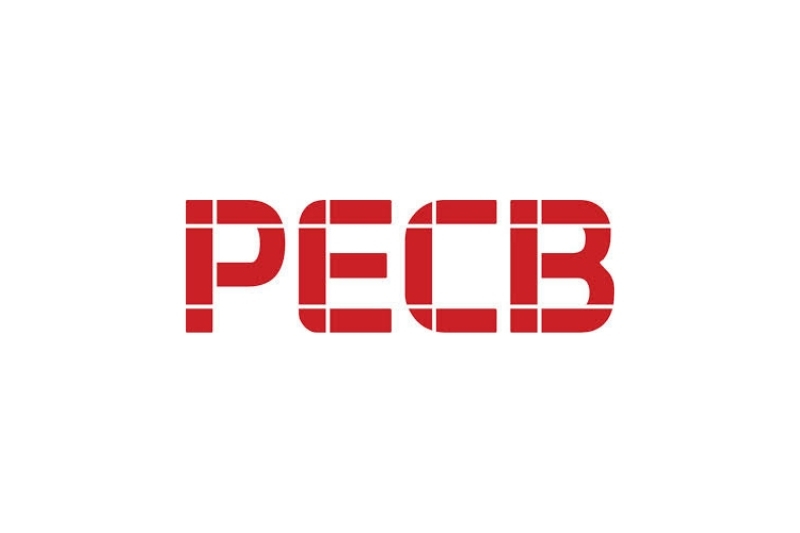AI Risk Management
AI and Digital Transformation
AI Risk Management
What Is AI Risk Management?
AI risk management is the systematic process of identifying, assessing, mitigating, and monitoring risks related to artificial intelligence (AI) technologies. The goal is to reduce potential negative consequences while maximizing AI’s benefits, ensuring that AI systems remain secure, ethical, and aligned with regulatory standards.
Unlike traditional risk management methods that often rely on historical data and manual analysis, AI-driven risk management can adapt dynamically in real time, using advanced tools such as machine learning and data analytics. This approach helps organizations identify, assess, and address risks efficiently and accurately.
Organizations implement structured AI risk management frameworks to establish clear policies, procedures, and responsibilities throughout the AI life cycle. These frameworks ensure that AI systems are developed and maintained responsibly, ethically, and in compliance with regulatory standards.
Widely used AI risk management frameworks include:
- NIST AI Risk Management Framework
- EU AI Act
- ISO/IEC Standards
- US Executive Order on AI
Why Is AI Risk Management Important for You?
As AI technologies increasingly process sensitive data and critical business operations, ensuring AI compliance has become a global priority. Regulations such as the General Data Protection Regulation (GDPR), California Consumer Privacy Act (CCPA), and the EU AI Act guide organizations toward responsible AI use. Implementing effective AI risk management strategies enables organizations to proactively navigate evolving regulatory requirements and avoid costly penalties.
AI risk management provides organizations with practical tools to promptly identify and manage potential AI-related risks, enhancing overall business resilience. It promotes accountability, ethical standards, and sustainable practices by establishing clear frameworks and best practices for AI development and operation. Through systematic testing and continuous monitoring, organizations can effectively track AI system performance, detect potential issues early, and ensure ongoing compliance.
Earning an AI risk management certification validates expertise in regulatory compliance, ethical AI practices, and governance standards. Certified professionals not only enhance their career prospects but also position themselves as trusted experts, helping organizations adopt AI solutions responsibly and securely in a rapidly evolving technological landscape.
Provider
Earning a PECB AI Risk Management certificate demonstrates your expertise in AI-driven risk management and provides the following advantages:
- Comprehensive AI knowledge: A strong understanding of AI principles and their application in risk management
- Enhanced efficiency: The ability to utilize AI and machine learning tools effectively to optimize risk management efficiency
- Accurate risk prediction: Proficiency in leveraging AI-driven forecasting models for more precise risk assessment and financial outcomes predictions
- Advanced data analytics: Expertise in using AI-powered analytics for improved data segmentation, variable selection, and robust model validation
- Stronger compliance and security: Skills to implement AI solutions for fraud detection, compliance monitoring, and trader behavior analysis, ensuring regulatory adherence and minimizing financial risks
PECB Certified AI Risk Management training courses available
Related Training & Certification

